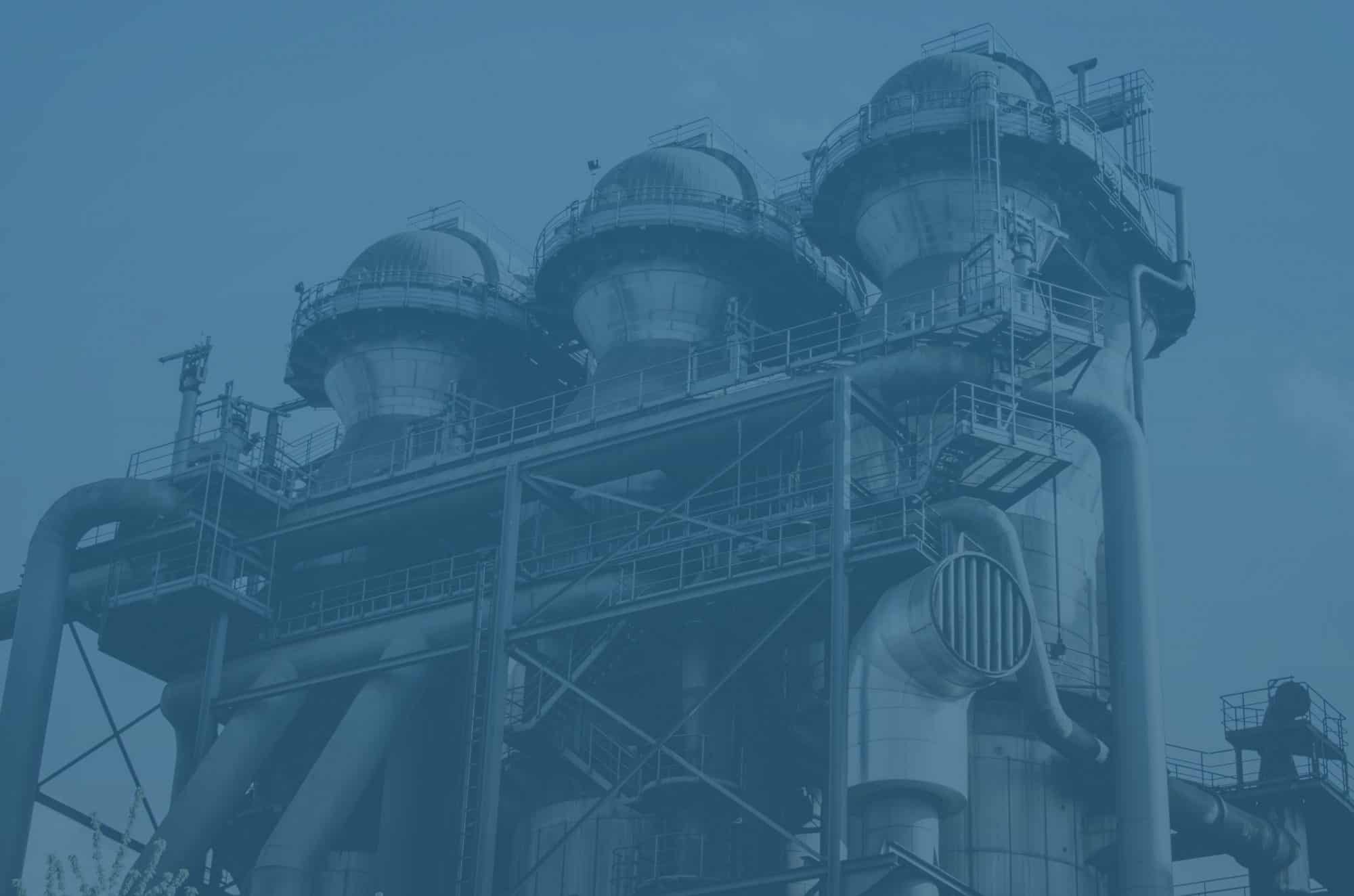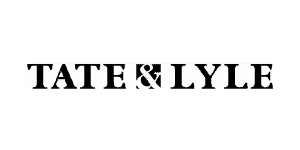Ventx Silencers are the go-to company for bespoke industrial silencers of all kinds. With over fifteen years experience in silencer design, and several decades in manufacturing and acoustic research, we have a thorough understanding of the issues surrounding industrial noise and their solutions.
We make units for a wide range of different applications across many industries. The silencer configuration in each case depends on the requirements of the system, and is also influenced by factors like legal noise limits. The three common types of silencer used in most processes are gas ejector silencers, vent silencers and direct in-line silencers.
Ventx silencers are so effective because of the diligence of our preparation. Expert silencer design doesn’t happen by accident, and our dedicated team always carefully lay the groundwork for each new project.
With the process data our computer model can predict where in the system noise is likely to be generated, and the loudness and frequencies involved. This data in turn can be used as a basis for an efficient and cost effective silencer design. Modelling your processes in this way means that we can even design effective silencers for industrial plants which are still on the drawing board if necessary. As long as you supply us with accurate drawings and materials data, we can make your silencers and have them ready to go by the time your facility is complete.
Ejector and vent silencers are used in cases where a charge of gas is released to another part of the system, or to atmosphere. An expansion chamber relieves the pressure of the charge, cutting the resultant noise level by reducing the energy in the discharge. At the same time, an absorptive core is used to attenuate specific frequencies by using a specific density of packing material which is custom tuned to the application.
In the case of an inline silencer, things can be a little more complicated as pressure reduction is much harder to achieve in a closed system. Installing an expansion chamber in the middle of the pipework could cause unpredictable pressure variations which could result in anything from loss of flow to extensive damage to valves and conduits as a result of pressure build-up. At the very least, such an arrangement would likely just refer problem noise to another part of the system, rather than eliminating it.
Instead, an in line silencer will use a tuned absorption section to target problem frequencies. The predicted flow rate within the conduit dictates the diameter of the silencer – if the unit is too narrow, the acoustic material will be eroded by the pressure over time. The length is determined by the degree of attenuation, that is, by how much the noise must be reduced.









